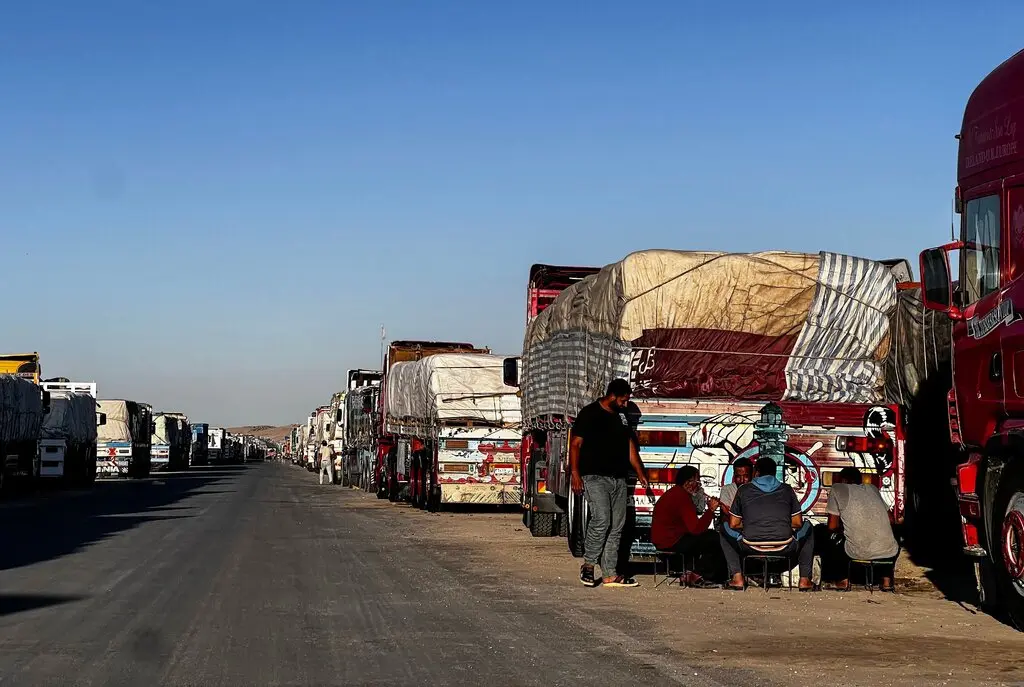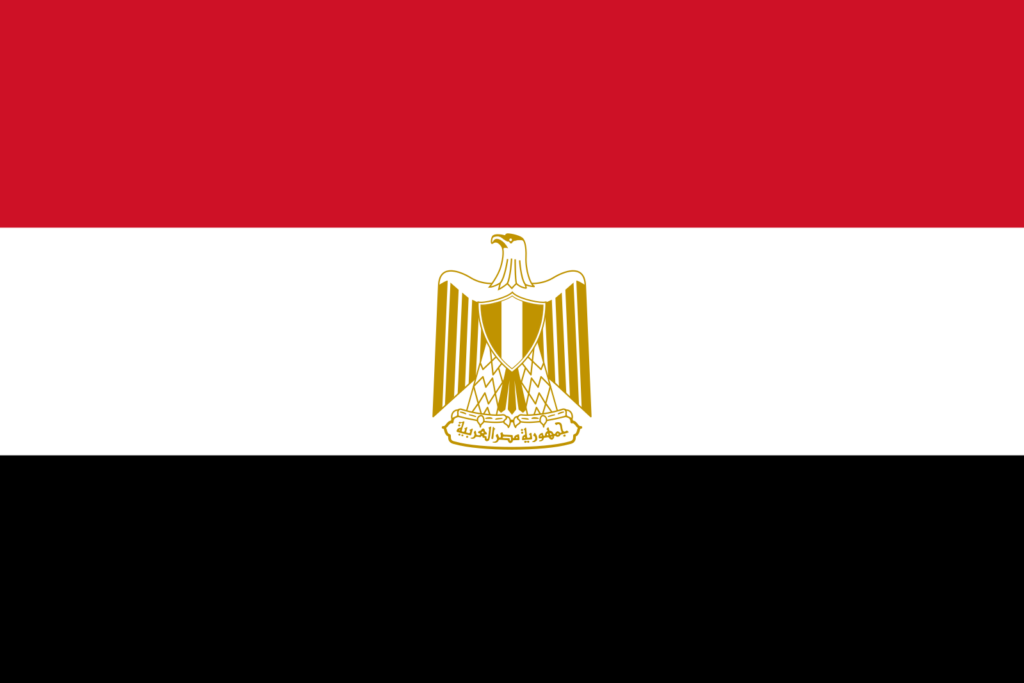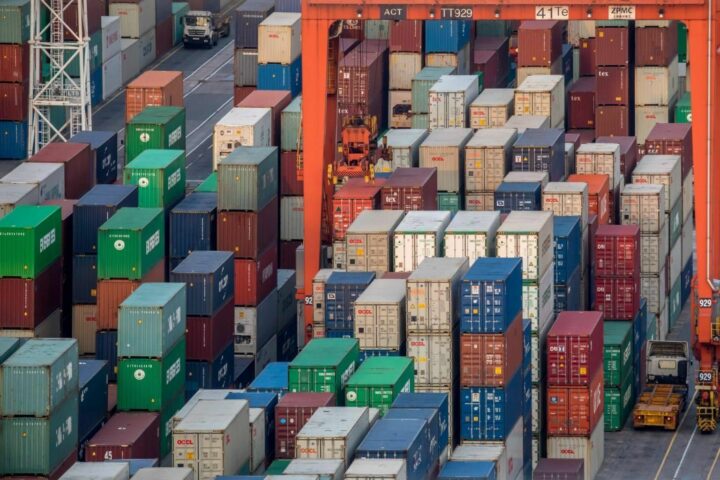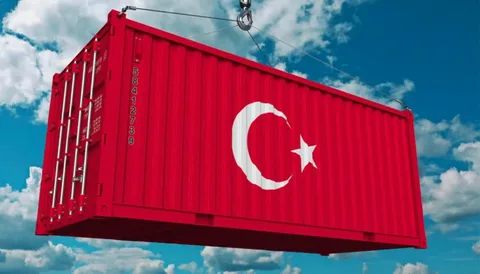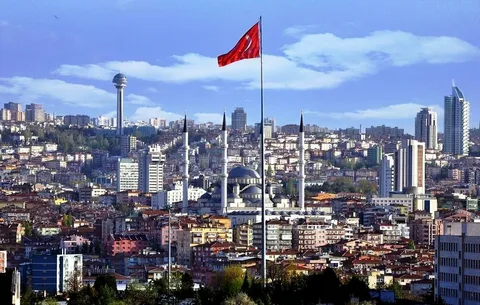Introduction to Egypt Import Restrictions
Egypt, with its rich history and vibrant culture, also maintains specific import restrictions to regulate the flow of goods into the country. Understanding these regulations is crucial for businesses and individuals engaging in import activities in Egypt.
Overview of Egypt Import Regulations
Egypt’s import regulations are primarily governed by the Egyptian Customs Authority (ECA) and are designed to protect national security, public health, and economic interests. These regulations encompass various aspects, including prohibited items, restricted goods, licensing requirements, and import duties.
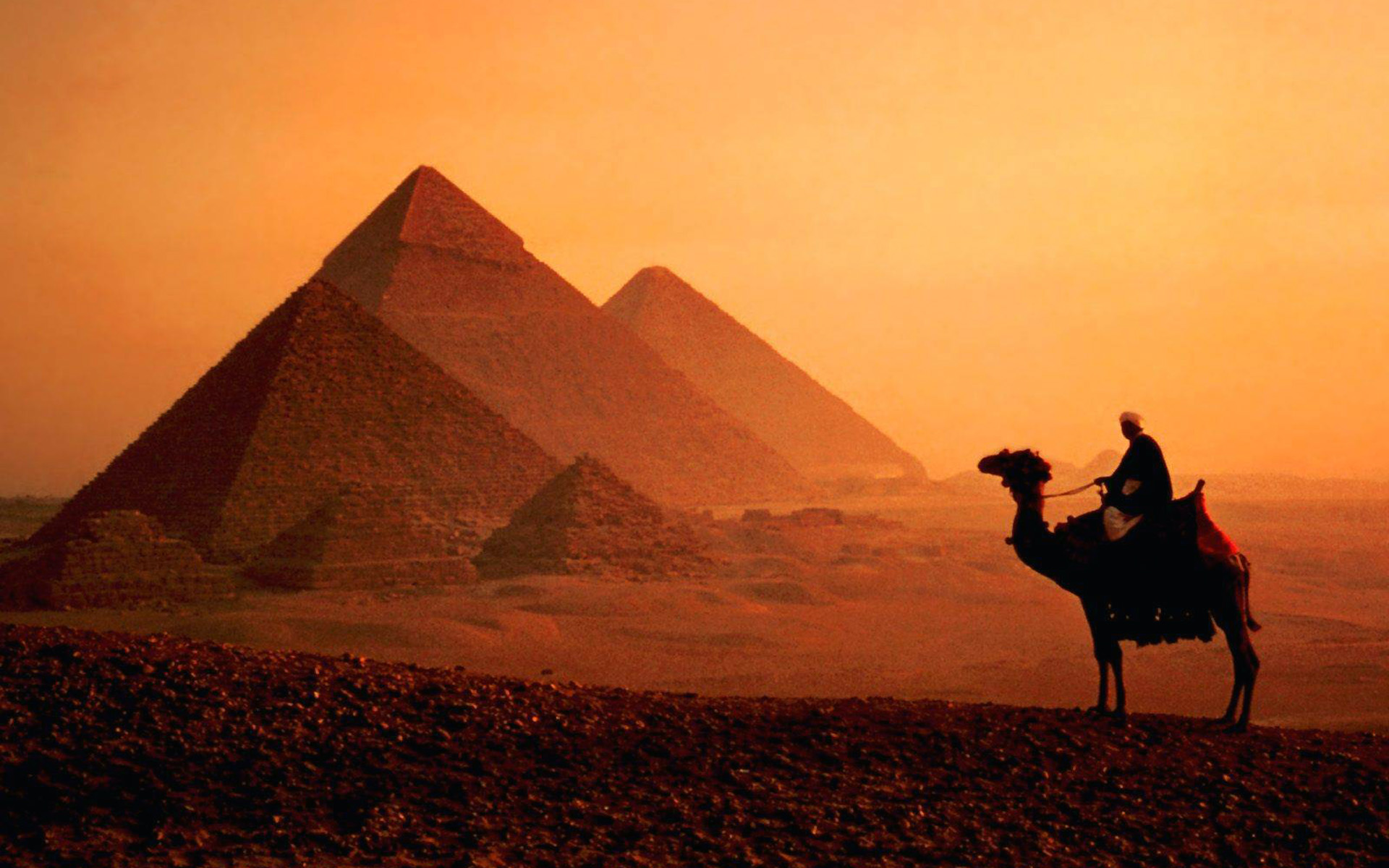
Prohibited Items
Egypt strictly prohibits the importation of certain goods deemed harmful to public safety, health, or morals. These items typically include narcotics, counterfeit currency, weapons, and explosives. Additionally, any goods violating international agreements or treaties are also prohibited.
Fun Fact: Ancient Egypt and Trade
Ancient Egypt was a hub of trade in the ancient world, engaging in extensive commerce with neighboring regions such as Mesopotamia, the Levant, and Nubia. Goods such as gold, spices, papyrus, and precious stones were traded along established trade routes, contributing to Egypt’s wealth and cultural exchange.
Restricted Goods
Certain goods require special permits or licenses for importation into Egypt. These may include agricultural products, pharmaceuticals, chemicals, and telecommunications equipment. Importers must obtain approval from relevant government agencies before importing such goods.
Interesting Fact: The Suez Canal
The Suez Canal, a vital waterway linking the Mediterranean Sea to the Red Sea, plays a significant role in Egypt’s trade and economy. It facilitates the transit of millions of tons of goods annually, reducing the shipping distance between Europe and Asia and generating substantial revenue for Egypt.
Licensing Requirements
Importers must adhere to specific licensing requirements imposed by the Egyptian government. These may vary depending on the type of goods being imported and their intended use. Failure to obtain the necessary permits can result in delays, fines, or confiscation of goods.
Import Duties and Tariffs
Egypt imposes import duties and tariffs on various imported goods to protect domestic industries and generate revenue. These duties are calculated based on the value, quantity, and classification of the imported goods and must be paid to customs authorities upon entry into the country.
Compliance with Regulations
It is essential for importers to ensure full compliance with Egypt’s import regulations to avoid penalties, delays, or confiscation of goods. This includes accurate documentation, proper labeling, adherence to quality standards, and payment of applicable duties and taxes.
Fun Fact: Egyptian Cuisine and Imports
Egyptian cuisine reflects a rich tapestry of flavors influenced by various cultures and regions. While many traditional ingredients are sourced locally, Egypt also imports a wide range of food products, spices, and beverages to cater to diverse culinary preferences.
Conclusion
Navigating Egypt’s import restrictions requires careful attention to detail and adherence to regulatory requirements. By staying informed about prohibited items, restricted goods, licensing requirements, and import duties, businesses and individuals can ensure smooth and compliant import operations in Egypt.
- Turkey Major Exports - July 19, 2024
- What is the Capital of Turkey? Ankara - July 18, 2024
- Where is Turkey Located? - July 16, 2024

